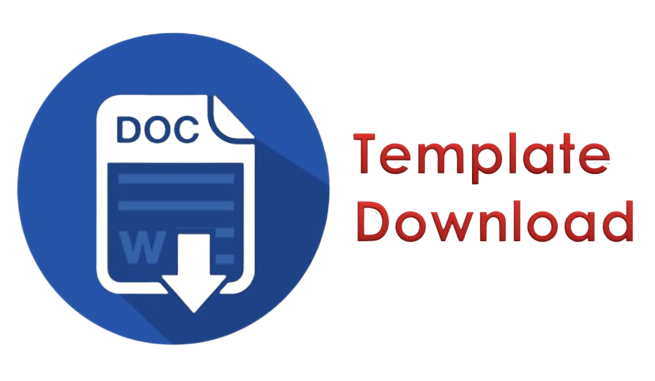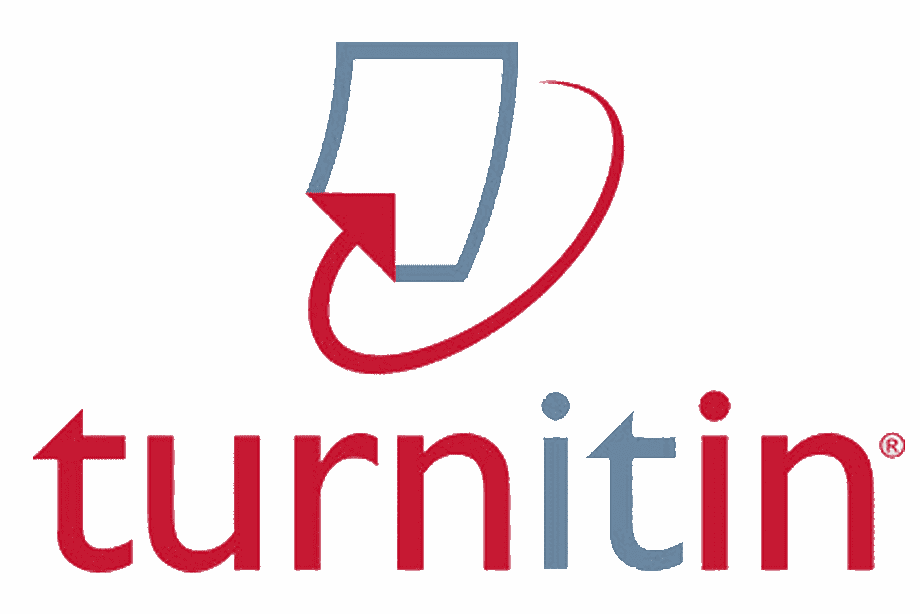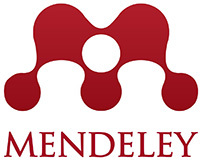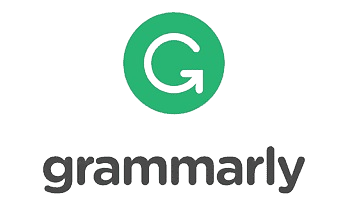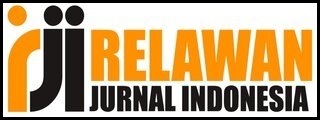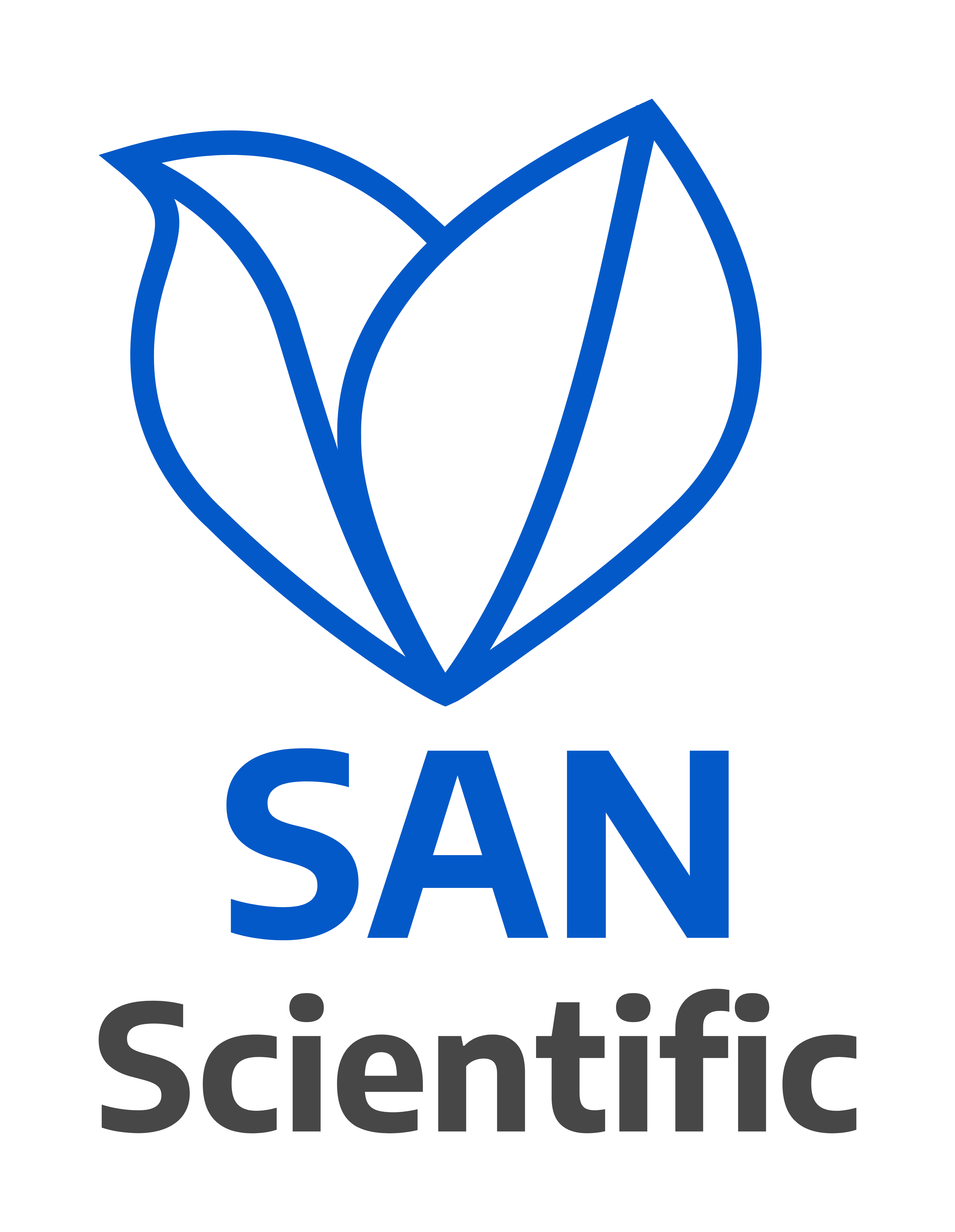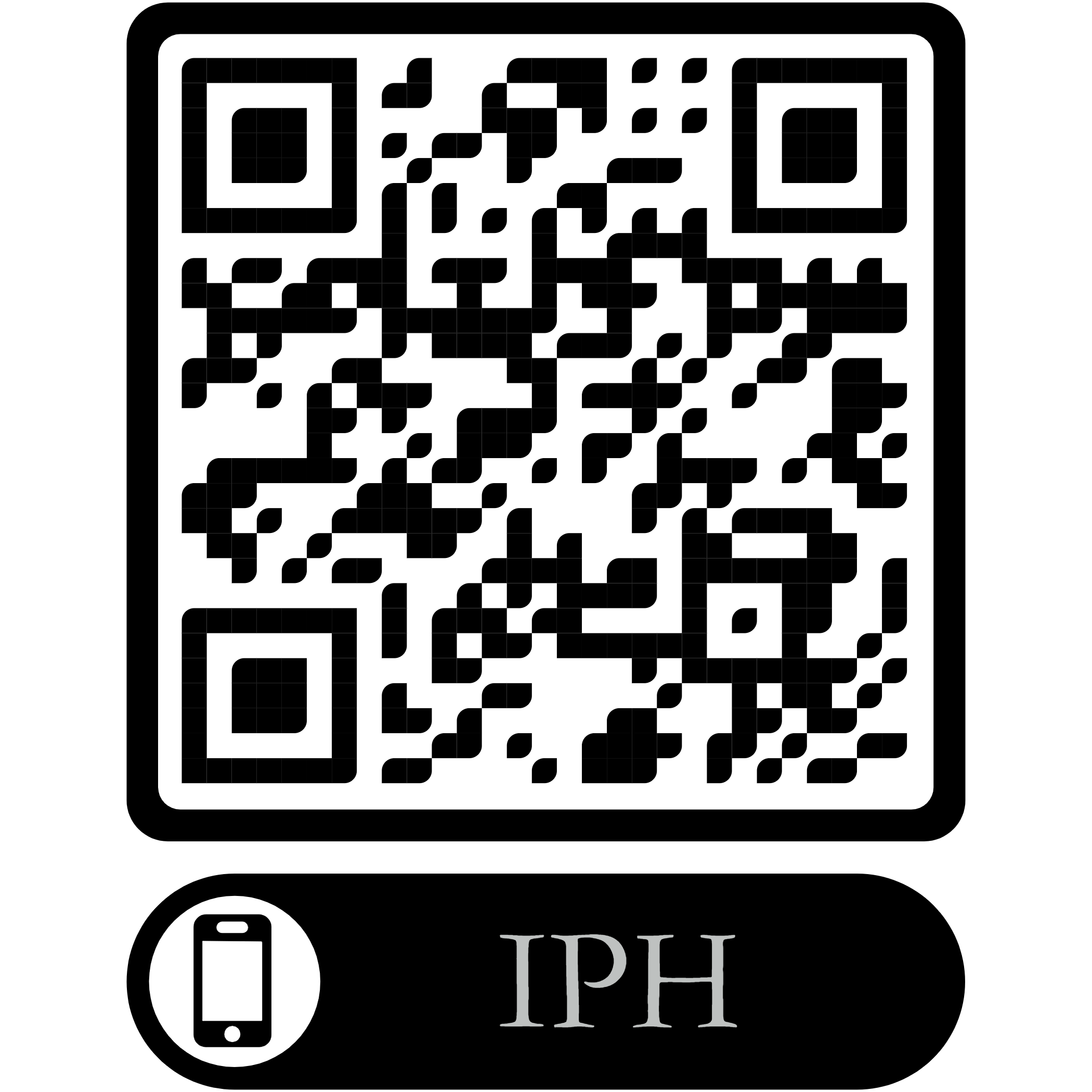
About the Journal
The Islamic Philanthropy and Humanity (IPH) is a double-blind, peer-reviewed, open-access journal published by SAN Scientific, Indonesia. This journal is published semi-annually online to keep readers updated with the latest progress. IPH is dedicated to publishing academic work in all aspects relevant to developing the theory and practice of Islamic philanthropy and humanity study. This journal covers various topics in Islamic philanthropy and humanity study. Its economic and business impact offers new scientific perspectives. It supports new contributions to the Islamic economics literature and humanity policy, such as waqf analysis and management, zakah organization and distribution, waqf and zakah economic development, zakah and sadaqah for community development, technology and innovation in Islamic philanthropy, ethical and legal aspects of Islamic philanthropy, Islamic Humanitarian Ethics, and technology and innovation in Islamic philanthropy, ethical and legal aspects of Islamic Philanthropy, and Islamic Humanitarian Ethics in both the public and private sectors.
The IPH publishes high-quality, original research papers that cover a wide range of topics in Islamic philanthropy and humanity study discipline, offer new scientific perspectives, and add new contributions to the Islamic economics literature, humanity development study, and public policy practice. The journal emphasizes empirical, practical, and policy-oriented research and reviews in national and international markets. The journal aims to increase communication and collaboration between academic and other research communities, policymakers and operational decision-makers, and their regulators.
Focus and Scopes
The Islamic Philanthropy and Humanity (IPH) publishes high-quality, open-access, peer-reviewed, and original research and review papers that cover a wide range of policy topics, add new contributions to the literature and practice, and provide local, regional, and global perspectives on Islamic philanthropy and humanity study and public policy strategy issues in all areas, including but not restricted to:
|
|
Recognizing and promoting the multidisciplinary nature, the journal's editors consider that contributions from all research perspectives are fundamental to advancing knowledge and practice in Islamic philanthropy and humanity study.
Before submitting your manuscript to IPH, kindly ensure it is written properly in the template. Manuscripts must adhere to the IPH author rules and submission form to avoid being revised or rejected in the initial review stage.

